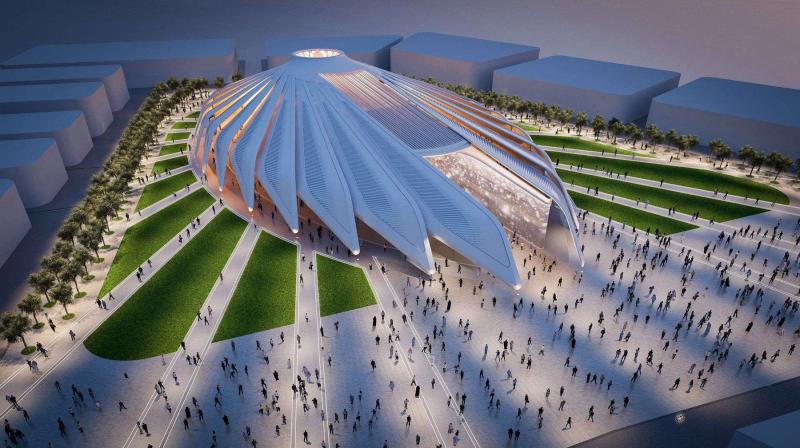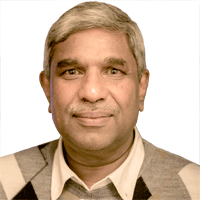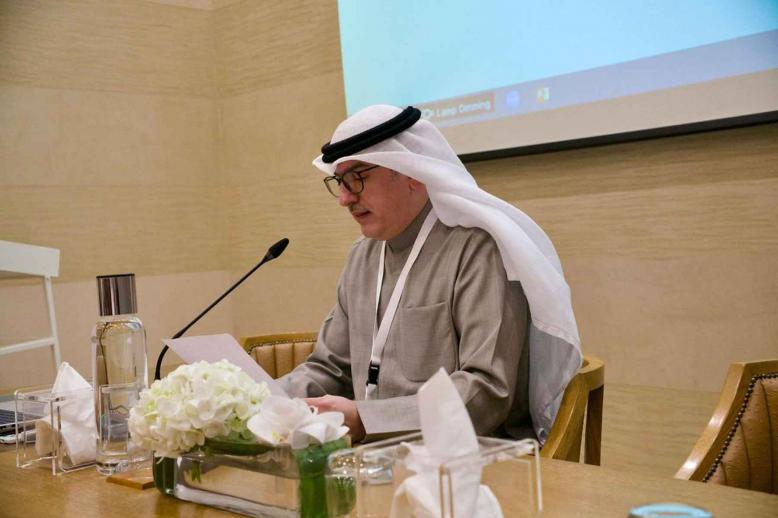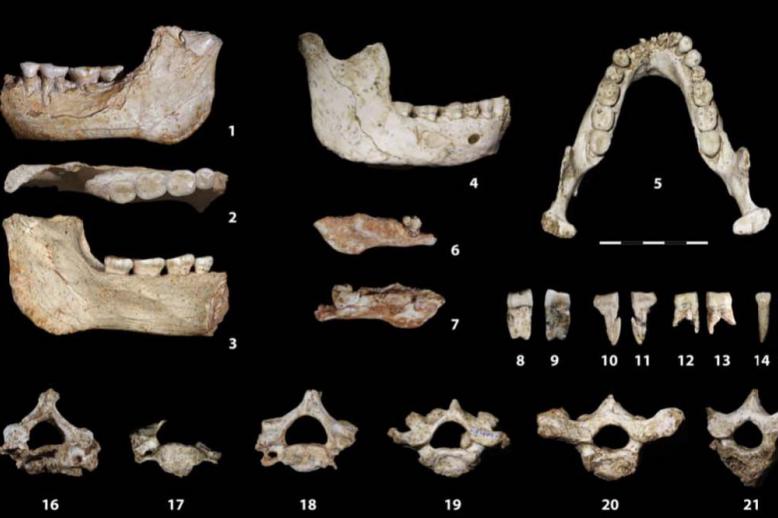UAE tops Smart City rankings in the Middle East
DUBAI - The United Arab Emirates has the smartest cities in the MENA region, as stated by a study by the McKinsey Global Institute, which examined the comprehensiveness of the technology base in 50 cities around the world.
“Smart Cities: Digital Solutions for a More Livable Future” analysed each city’s layers of “smartness” in technology base, applications introduced and public adoption. The intention, the study’s authors said, “is not to crown the world’s smartest city but to show the full sweep of activity underway around the globe.”
A Smart City could score as many as 37 points. Abu Dhabi (18.4 points) and Dubai (17.3) were in the first two positions in the MENA region. This compares with New York (24.4) and San Francisco (20.9) in North America; Stockholm (24.0) and Amsterdam (22.3) in Europe; and Singapore (25.0) and Seoul (24.3) in the Asia-Pacific.
The McKinsey Global Institute looked at the number of Smart City applications. This aspect of the study carried a maximum of 55 points across the applications centred on mobility, security, utilities, health care, economic development, housing and community.
Dubai led in the MENA region with 30.5 points and Abu Dhabi was second (28.0). New York, Los Angeles and London were each credited with 34.5, Seoul 33 and Singapore 32.0
The study surveyed residents about the Smart applications implemented in the cities. Carrying a maximum of 30 points, it combined awareness, usage and satisfaction scores. Dubai attained 16.6 points, while Abu Dhabi scored 10.5. Internationally, Beijing scored 24.2 and San Francisco 20.7
Victoria Lee, the Transformational and Strategic Projects Lead in the UAE for Cisco, said: “The UAE has made digitisation a national priority, fostering an ecosystem of innovation and culture of forward-thinking.”
“Our experience with Smart City projects globally is that the best approach is to define which major challenges a city wishes to address first and then create solutions to those challenges by fostering innovation and leveraging its ecosystem of organisations that can help — be it with smart transportation and roadways, smart lighting, municipality services, public safety or else,” Lee said.
Technology is a key part of the UAE Vision 2021, which plans to diversify the economy and create a sustainable economic future. Lee said city leaders from around the world have listed infrastructure, economic growth, rolling out Smart City deployments, environmental sustainability, social cohesion and heritage preservation among their top concerns.
Michelle Buys du Plessis, managing director in the UAE of Dimension Data, a tech company with operations in 47 countries, said making innovation a national priority has created an ecosystem of advancement in the UAE and is driving the growth of its economy.
“It also plays a pivotal role in improving the livability and happiness experiences for citizens, residents and visitors. Furthermore, innovation and digital transformation is supporting the UAE’s Smart City initiatives,” du Plessis said. “Both Dubai and Abu Dhabi are at the forefront of providing smart mobile users with applications that enhance their everyday lives,” she added, noting that Abu Dhabi and Dubai were deploying more than 5,000 WI-FI hotspots to offer free internet.
“The country has also announced plans to develop 3D printing, which could have a significant impact on costs in the construction industry, while the government’s autonomous transportation strategy is targeting 25% of all trips inside Dubai to be driverless by 2030,” du Plessis said.
Dubai’s Road and Transport Authority has deployed sensors for its Smart Pedestrian Signals Project to allow safe pedestrian crossings and Smart Parking Project, which provides real-time parking information.
The Dubai Electricity and Water Authority has been successful in installing more than 200,000 smart metres and grids and expects to install more than 1 million smart metres by 2020.
With Expo 2020 Dubai, the emirate is investing heavily on smart transportation systems, by deploying traffic sensors, launching mobile traffic apps and looking at the introduction of driverless vehicles. Visitors are expected to be surprised with the level of automation and digitisation, including tech-enabled volunteers, smart food ordering and crowd management, among others high-tech offerings.
“Expo 2020 Dubai is using smart solutions to create one of the most efficient and engaging events in the world,” du Plessis said.
Lee said she has high hopes for Expo 2020, which she sees as a “unique opportunity for the Emirates to realise its vision of how a city of the future could look like.”
“Expo 2020 in many ways will function like a city as well: serving tens of thousands of people every day,” she said.
N.P. Krishna Kumar is an Arab Weekly correspondent in Dubai.
This article was originally published in The Arab Weekly.







